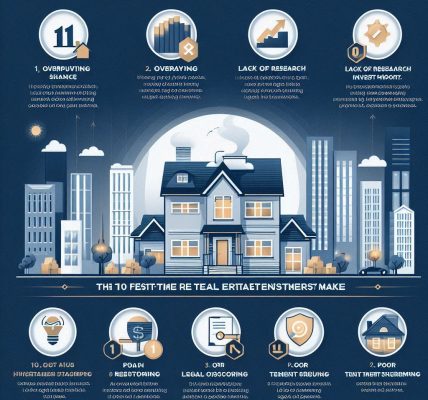Investing in luxury real estate has long been considered a symbol of wealth and sophistication. Beyond the allure of opulent living spaces, such investments offer potential financial rewards. However, as with any significant financial endeavor, it’s crucial to approach luxury real estate with a comprehensive understanding of its benefits, inherent risks, and legal considerations.
The Allure of Luxury Real Estate Investment
Strong Appreciation Potential
Luxury properties often appreciate at rates surpassing those of standard real estate. This appreciation is driven by high demand and limited inventory in prime locations. For instance, luxury home prices in major U.S. metropolitan areas rose by 12.7% from 2019 to 2020, compared to a 7% increase for standard homes.
Scarcity and High Demand
The limited supply of luxury properties, especially in desirable markets, creates a scarcity that drives up demand. In cities like San Francisco, homes priced over $3 million constitute just 2% of the housing stock, yet they attract a disproportionate number of affluent buyers.
Prestige and Quality Tenants
Luxury properties attract high-net-worth individuals seeking prestige and exclusivity. Such tenants are typically financially stable, ensuring consistent rental income and reduced risks associated with defaults.
Potential Risks and Challenges
Market Volatility
While luxury real estate can offer substantial returns, it’s not immune to market fluctuations. Economic downturns, geopolitical events, or changes in local markets can impact property values and demand. For example, Miami’s real estate market has experienced rapid price increases, leading to concerns about a potential housing bubble.
Legal and Regulatory Risks
Investing in luxury real estate requires meticulous attention to legal and regulatory frameworks. Failure to conduct thorough due diligence can lead to significant financial and legal repercussions. A notable case involved a Miami real estate broker convicted of money laundering for assisting sanctioned Russian oligarchs in property transactions, highlighting the importance of compliance with international sanctions and money laundering laws.
Environmental and Climate Concerns
Luxury properties in certain regions face environmental risks such as rising sea levels, hurricanes, and wildfires. Despite these dangers, affluent buyers continue to invest in high-risk areas, potentially jeopardizing their investments.
Legal Considerations for Investors
Conducting Thorough Due Diligence
Before acquiring a luxury property, it’s imperative to conduct comprehensive legal due diligence. This process includes verifying the property’s title, assessing any encumbrances or liens, ensuring compliance with zoning laws, and reviewing existing tenant agreements. Engaging experienced real estate legal professionals can help identify potential issues and safeguard your investment.
Understanding Tax Implications
Investors must be aware of the tax obligations associated with luxury real estate, which can vary significantly across jurisdictions. For Non-Resident Indians (NRIs) or foreign investors, understanding international regulations and tax treaties is crucial to avoid unexpected liabilities.
Compliance with Anti-Money Laundering (AML) Regulations
The luxury real estate sector is susceptible to money laundering activities. Investors should ensure compliance with AML regulations to avoid legal complications. The conviction of a Miami real estate agent for money laundering tied to Russian oligarchs’ luxury condos underscores the importance of adhering to these laws.
Practical Steps for Prospective Investors
- Engage Qualified Professionals: Consult with real estate attorneys, tax advisors, and property inspectors to navigate the complexities of luxury real estate transactions.
- Stay Informed About Market Trends: Regularly monitor market conditions, economic indicators, and geopolitical events that could influence property values.
- Assess Environmental Risks: Evaluate the property’s exposure to environmental hazards and consider investing in areas with lower climate-related risks.
- Understand Financing Options: Luxury properties often qualify for favorable financing terms. Explore mortgage options that align with your investment strategy. Vaal
- Plan for the Long Term: Luxury real estate investments typically require a long-term commitment to realize substantial returns. Be prepared for extended holding periods.
Conclusion
Investing in luxury real estate offers a blend of prestige and potential financial rewards. However, it’s essential to approach such investments with a thorough understanding of the associated risks and legal obligations. By conducting meticulous due diligence, staying informed about market dynamics, and engaging experienced professionals, investors can make informed decisions and mitigate potential pitfalls.




